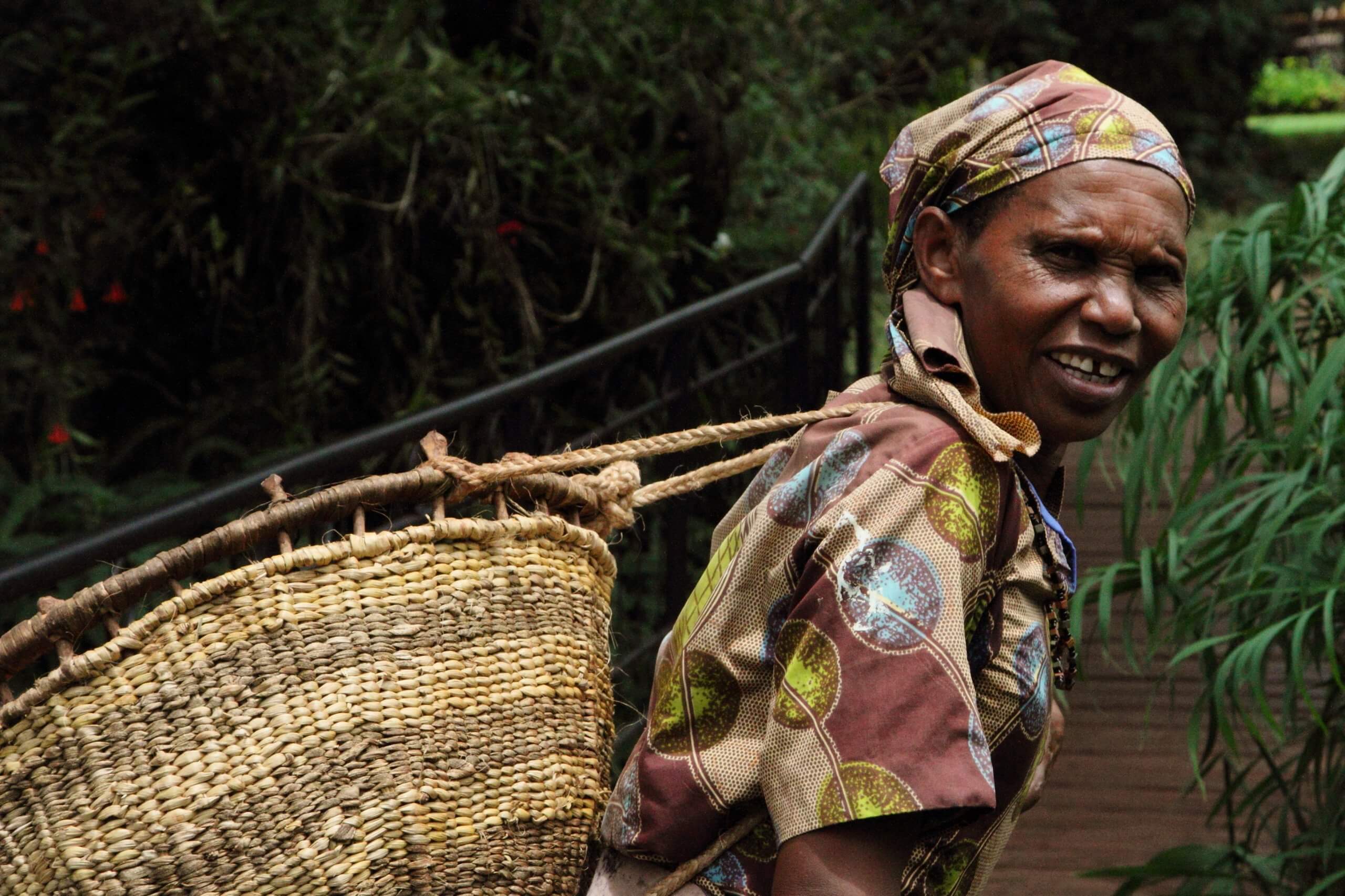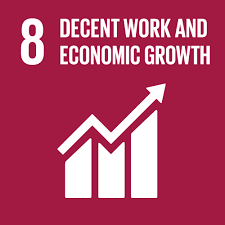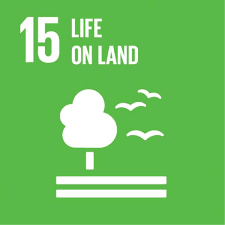The action and its aims
The Arusha Edible Gardens (also known as S.A.F.E gardens) is a project consisting of five gardens on the banks of the river Themi. In the education area, vulnerable local women, female entrepreneurs and students learn about indigenous edible plants, how to grow them and how to cook healthy, plant-based meals. Information on innovative food production is available at the outdoor laboratory. The aim is to promote urban agriculture and agro-biodiversity both as a means for domestic food provisioning and as a route to (self-)employment in urban horticulture.
When it was introduced
The gardens were created in 2014.
Why it was needed
The driver was the need for initiatives to combat rising poverty and food insecurity, in the context of rapid urbanisation and decline of the tourism sector leading to significant job losses.
Who initiated it, who is involved
The project was funded by the City of Milan between 2014 and 2016. Three universities are involved: the University of Milano-Bicocca and the Nelson Mandela University are using the gardens for research on endangered horticultural species; the University of Insubria is providing analysis of landscape connections between Arusha’s urban centre and rural and peri-urban areas, as well as helping the municipality with urban planning.
Impacts to date
Around 200 women have created domestic edible gardens in the city of Arusha and peri-urban areas, and 30 more have found employment in running the popular on-site restaurant. City planners considered proposals for an urban agriculture zone in the new Arusha City Plan.




